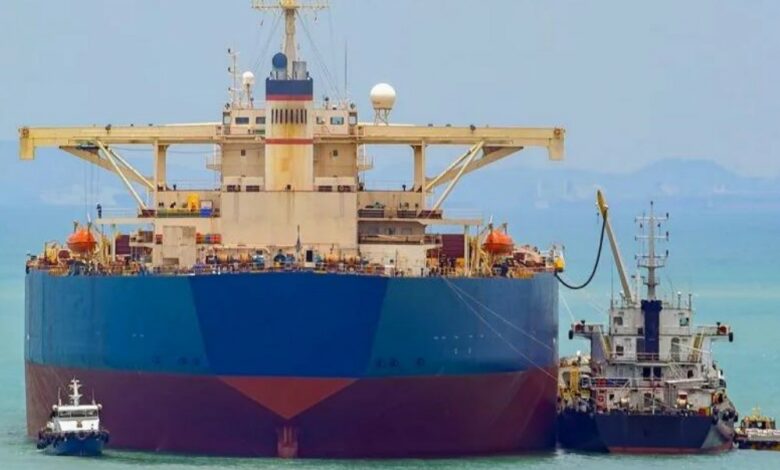Study suggests 39% of all bunkers have fuel content discrepancies

FuelTrust has released a new report examining bunker discrepancies in the maritime industry, which includes examples of unethical practices and fraudulent activities related to bunkering.
FuelTrust’s analysis found that between 2021 and 2022, more than 39% of global bunkers exhibited a fuel content delta of 2% or more compared to the amounts stated in their delivery paperwork.
The primary issue identified was the introduction of water into the fuels during the journey from onshore storage tanks to the ship’s bunker tank. This problem typically involved an increase from 0.1% to above 0.25% water content, which, although below the regulated threshold, still resulted in average losses of $14,910 per affected delivery.
Just this month, eleven ships lost propulsion, and over 100 ships were affected in a single incident of fuel contamination in Houston.
Even fuel considered on-spec experiences volume or content issues, leading to financial losses or engine problems.
In the past year, over 600 vessels were disabled through fuel problems, despite the fuel being on-spec, resulting in estimated global supply chain losses exceeding $5bn.
“As the latest contamination case demonstrates, it’s essential that ship owners, bunker suppliers and charterers can gain better insight into their fuel supply chains. Better information on the fuel we use is also a foundational block of any serious GHG reduction strategy,” Jonathan Arneault, CEO and Co-Founder of FuelTrust, said.
